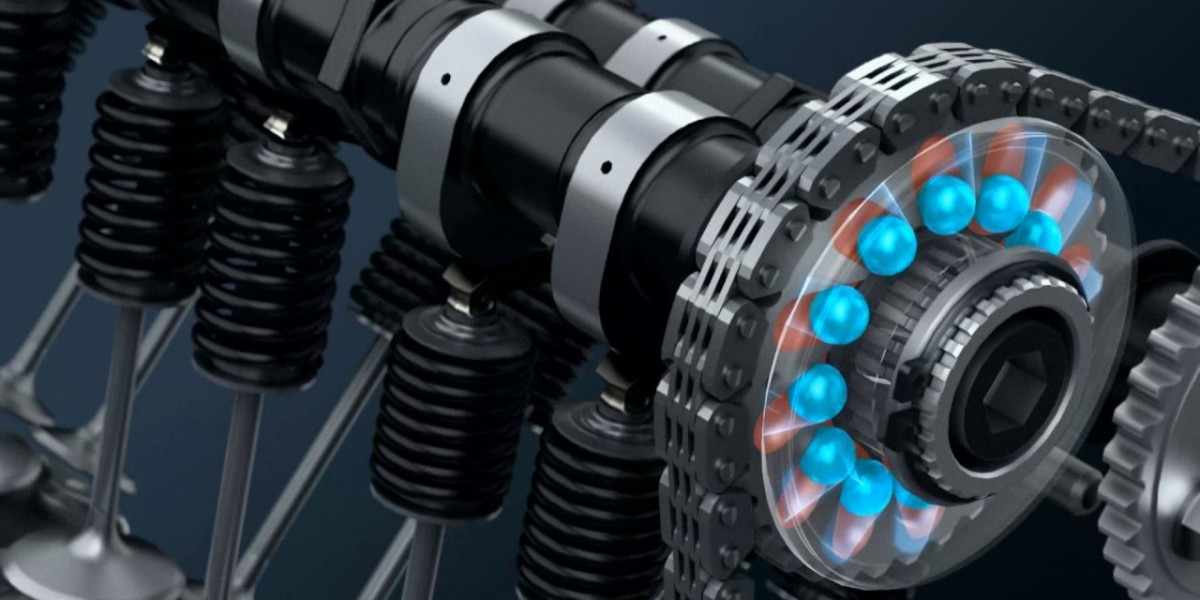Whether you’re concerned about discoloured, chipped, misaligned, or uneven teeth, porcelain veneers offer a highly effective cosmetic solution that transforms your appearance with minimal intervention. Long favoured by celebrities and professionals alike, porcelain veneers are now widely available and more accessible than ever.
This comprehensive guide explores everything you need to know about porcelain veneers — including what they are, how they work, the benefits, procedure, costs, and whether they’re the right option for you.
What Are Porcelain Veneers?
Porcelain veneers are ultra-thin, custom-made shells designed to cover the front surface of the teeth. Made from high-quality dental porcelain, these veneers are bonded to the teeth to improve their colour, shape, size, and overall appearance.
Porcelain veneers are a permanent cosmetic solution that provides a natural-looking, long-lasting enhancement to your smile. They are especially suitable for individuals seeking a dramatic improvement in aesthetics.
What Can Porcelain Veneers Fix?
Porcelain veneers can address a wide range of aesthetic dental issues, including:
Discoloured or stained teeth that don’t respond to whitening
Worn down or chipped teeth
Misaligned or uneven teeth
Gaps between teeth
Teeth with irregular shapes or sizes
Minor crowding or overlaps
By concealing imperfections and reshaping your smile, veneers can deliver a symmetrical and flawless look in a relatively short amount of time.
Advantages of Porcelain Veneers
Porcelain veneers offer several benefits, both aesthetic and functional:
1. Natural Appearance
Dental porcelain mimics the translucency and shine of natural tooth enamel, resulting in a lifelike, attractive smile.
2. Stain Resistance
Unlike natural teeth, porcelain veneers resist stains from coffee, tea, wine, and smoking.
3. Custom Design
Veneers are tailored to fit your face, lip line, and skin tone, ensuring harmony and proportion.
4. Minimally Invasive
Compared to crowns, veneers require only minimal reshaping of the natural tooth structure.
5. Durability
With proper care, porcelain veneers can last 10–15 years or more without chipping or discolouration.
6. Instant Orthodontic Effect
In some cases, veneers can create the appearance of straighter teeth without the need for braces or aligners.
The Porcelain Veneer Procedure: Step-by-Step
Getting porcelain veneers typically involves 2 to 3 dental visits over a few weeks. Here’s an overview of the process:
1. Consultation and Smile Design
Your journey begins with a detailed consultation. Your dentist will:
Evaluate your dental health and aesthetic concerns
Discuss your goals and expectations
Take photographs, impressions, and X-rays
Use digital smile design technology to simulate results
This stage ensures your veneers will enhance your overall facial appearance, not just your teeth.
2. Tooth Preparation
In this stage, a small amount of enamel (0.3–0.5 mm) is removed from the front surface of each tooth to make room for the veneer. This is a painless process performed under local anaesthetic.
After preparation:
An impression is taken
Temporary veneers may be placed
The impression is sent to a dental laboratory to craft your custom veneers
3. Veneer Fitting and Bonding
Once your veneers are ready (usually within 1–2 weeks), your dentist will:
Check the fit and colour of each veneer
Make minor adjustments for perfect placement
Clean and etch the teeth
Use dental cement to bond the veneers
Apply a special light to harden the bond
Final polishing ensures a smooth, seamless finish.
Types of Veneers: Porcelain vs. Composite
There are two main types of dental veneers:
| Feature | Porcelain Veneers | Composite Veneers |
|---|---|---|
| Material | High-quality ceramic | Tooth-coloured resin |
| Longevity | 10–15 years | 4–7 years |
| Aesthetics | More natural, translucent | Slightly less lifelike |
| Stain Resistance | Highly stain-resistant | May stain over time |
| Durability | Stronger, less likely to chip | More prone to chipping |
| Cost | £700–£1,200 per tooth (UK average) | £250–£450 per tooth |
| Procedure Time | 2–3 visits | Often completed in a single visit |
While composite veneers are more affordable and reversible, porcelain veneers offer superior aesthetics and long-term value.
Are Porcelain Veneers Right for You?
Porcelain veneers are ideal for adults who are looking to correct cosmetic imperfections and improve their smile. You may be a good candidate if you:
Have healthy teeth and gums
Practise good oral hygiene
Are not a teeth grinder (or willing to wear a nightguard)
Have realistic expectations about the outcome
Understand that veneers are a permanent commitment
Veneers are not suitable for individuals with untreated gum disease, active tooth decay, or insufficient enamel.
Cost of Porcelain Veneers in the UK
Porcelain veneers are considered a private cosmetic treatment and are not available on the NHS.
Average Cost Per Tooth (UK):
£700 – £1,200
Prices may vary depending on:
Dentist’s expertise and location
Materials used (pressed ceramic vs. feldspathic porcelain)
Number of veneers required
Use of digital smile design technology
Some clinics offer smile makeover packages or interest-free finance plans to spread the cost over several months.
How Long Do Porcelain Veneers Last?
With proper care and regular dental check-ups, porcelain veneers can last 10 to 15 years or longer. Some patients retain their veneers for up to 20 years before needing replacement.
The lifespan depends on:
Quality of the dental work
Patient’s oral hygiene habits
Diet and lifestyle (avoid biting hard items)
Use of a nightguard if grinding is an issue
Caring for Your Porcelain Veneers
Maintaining veneers is straightforward and similar to caring for natural teeth.
Tips for Veneer Longevity:
Brush twice daily with a non-abrasive fluoride toothpaste
Floss gently around veneered teeth
Avoid biting nails, pens, or ice
Limit consumption of highly pigmented foods and drinks
Wear a nightguard if you grind your teeth
Attend routine dental check-ups and hygiene appointments
Porcelain is resistant to decay, but the tooth beneath still needs protection against gum disease and cavities.
Potential Risks and Considerations
While porcelain veneers are safe and well-tolerated, there are a few things to keep in mind:
1. Irreversible Treatment
The enamel removal makes this a permanent procedure. Once done, you will always need veneers or another restoration.
2. Tooth Sensitivity
You may experience mild sensitivity to hot or cold after placement, especially in the first few days.
3. Chipping or Damage
Although strong, veneers are not indestructible. Biting into hard foods or accidents can lead to cracks or chips.
4. Colour Permanence
Porcelain veneers don’t change colour. If surrounding natural teeth darken over time, you may need whitening or veneer replacement for a uniform look.
Porcelain Veneers vs Other Cosmetic Options
Here’s a quick comparison between veneers and other popular cosmetic treatments:
| Treatment | Ideal For | Time Frame | Cost Range (UK) |
|---|---|---|---|
| Porcelain Veneers | Discolouration, chips, gaps, shape issues | 2–3 weeks | £700–£1,200 per tooth |
| Teeth Whitening | Mild to moderate discolouration | 1–2 hours (in-clinic) | £300–£600 |
| Invisalign | Misalignment, spacing | 6–18 months | £2,500–£5,000 |
| Composite Bonding | Small chips, minor reshaping | Same day | £150–£400 per tooth |
| Crowns | Severely damaged or decayed teeth | 2 visits | £500–£900 per crown |
Porcelain veneers are often chosen as part of a full smile makeover, sometimes in combination with whitening or orthodontic treatments.
Frequently Asked Questions (FAQs)
1. Do veneers look fake?
No. High-quality porcelain veneers are crafted to closely resemble natural teeth and are virtually indistinguishable when fitted properly.
2. Is the procedure painful?
The procedure is minimally invasive and usually pain-free with local anaesthetic.
3. Can I get veneers on just one tooth?
Yes. Veneers can be applied to one or multiple teeth, depending on your aesthetic goals.
4. Can veneers fix crooked teeth?
Veneers can correct mild misalignments for an instantly straighter smile. However, severe cases may require orthodontic treatment first.
5. Are veneers permanent?
Yes, porcelain veneers are a long-term solution and require lifelong maintenance or replacement once the natural enamel has been removed.
Final Thoughts
Porcelain veneers offer one of the most effective and transformative solutions in modern cosmetic dentistry. With the ability to correct multiple aesthetic concerns in just a few visits, they provide a long-lasting, natural-looking improvement to your smile.
If you’re looking to restore your confidence and enhance your appearance, porcelain veneers could be the perfect choice. Always consult a qualified cosmetic dentist who can evaluate your oral health, explain your options, and design a smile that complements your features.
Invest in your smile — because it’s often the first thing people notice.








